Gen Z AI anxieties are real, but so is a striking confidence I see every week when students test-drive new tools in my classroom. They joke about “the AI jobs apocalypse,” then immediately open a model to draft outlines, debug code, or triage research. This cohort isn’t in denial; they’re demanding proof. If AI truly threatens their early careers, they want to measure it, challenge it, and bend it to their advantage. The numbers show a complex reality: a painful near-term shock to entry-level jobs, but also a high-confidence, skills-focused response that could reshape the pipeline.
Key Takeaways
– shows 13% employment decline for 22-25-year-olds in AI-exposed roles since late 2022, even as older workers’ employment rose. – reveals 92% of interns feel confident adapting to AI while about half expect roughly 20% of their future tasks will be automated. – demonstrates 74% of Gen Z anticipate GenAI will impact their jobs within a year, yet over 60% worry it could eliminate roles entirely. – indicates only 9% feel extremely prepared and 25% somewhat prepared to use AI at work in Heartland states, revealing readiness gaps. – suggests hiring headwinds as 37% of managers would rather hire AI than Gen Z, while 89% avoid recent grads and 98% cite shortages.
Inside the Gen Z AI confidence gap
In August 2025, KPMG surveyed 1,117 U.S. interns about AI’s impact on their future roles. About half expect roughly 20% of their full-time tasks will be automated, yet 92% say they can adapt as AI advances in their field [3]. That juxtaposition—anticipating automation while expressing confidence—helps explain why so many young workers approach new tools with curiosity rather than panic [3].
In Deloitte’s global 2025 survey of more than 23,000 Gen Z and millennial respondents, 74% of Gen Z expect generative AI to affect their jobs within a year. At the same time, over 60% worry AI could eliminate roles, an anxiety that coexists with a push toward reskilling and stronger soft skills for career durability [2].
A readiness gap persists, particularly outside tech hubs. In a Gallup–Walton Family Foundation survey conducted March 6–13, 2025 across 20 Heartland states, only 9% of Gen Z adult workers felt extremely prepared to use AI at work and 25% felt somewhat prepared, signaling uneven access to training and tools [4].
The job market reality: entry-level roles are changing fast
Labor market data show how quickly entry-level work is being reshaped. A Stanford analysis cited by the Washington Post found a 13% employment decline for 22–25-year-olds in AI-exposed fields since late 2022, even as employment rose for older workers [1].
Educators and labor experts warn that rapid automation can short-circuit the apprenticeship model, trimming the repetitive tasks that once trained juniors to become mids and seniors. That erosion of foundational skill-building is now a central risk factor for early-career workers in exposed occupations [1].
Hiring sentiment compounds the challenge. A Hult-sponsored survey reported by Forbes found 37% of managers would rather hire AI than offer jobs to Gen Z, while 98% of HR leaders say they struggle to find qualified talent and 89% avoid hiring recent graduates [5].
What Gen Z AI adoption looks like on campus and at work
In class and on internships, the first wave of automation targets drudgery: first drafts, meeting notes, slide outlines, code scaffolding, and data cleanup. That aligns with KPMG’s finding that interns expect about one-fifth of their tasks to be automated as they enter full-time roles, a scope they largely view as manageable with new workflows [3].
Students who treat AI as a collaborator describe gains in speed and brainstorming more than wholesale job replacement. That attitude echoes Deloitte’s global data: most Gen Z expect GenAI to alter work within a year, but they are investing in soft skills and reskilling to remain indispensable alongside the tools [2].
Policy and access shape whether those gains materialize evenly. In the Heartland survey, the small share who felt extremely prepared underscores how training and infrastructure can lag outside coastal metros, constraining productivity benefits for entire regions [4].
Bridging the skills pipeline: training that works
Employers can blunt early-career erosion by pairing AI rollout with structured development. KPMG’s Derek Thomas urged leaders to balance adoption with career stability and robust training programs, ensuring automation expands junior capacity without collapsing progression ladders [3].
Deloitte reports Gen Z want money, meaning, and well-being—and they are prioritizing soft skills and reskilling to protect careers. Aligning curricula and corporate learning to those priorities can convert anxiety about job loss into measurable productivity and retention gains [2]. Gallup’s findings point to the same urgency in public policy, especially across 20 Heartland states that report low readiness [4].
What to watch next for Gen Z AI labor trends
Keep an eye on three indicators: entry-level headcount in exposed roles, the share of postings asking for AI skills, and mentorship investments. If the 13% decline for 22–25-year-olds in exposed fields persists, watch for employers to reintroduce structured apprenticeships to mitigate pipeline risk [1].
Also track whether managerial preferences soften as tools mature and training expands. Today, 37% of managers say they would prefer hiring AI over recent Gen Z graduates; reversing that sentiment will require evidence that juniors ramp faster with AI than without it [5].
Sources:
[1] The Washington Post – AI is supercharging Gen Z workers – if they can land a job: www.washingtonpost.com/business/2025/09/08/ai-jobs-loss-entry-level/” target=”_blank” rel=”nofollow noopener noreferrer”>https://www.washingtonpost.com/business/2025/09/08/ai-jobs-loss-entry-level/
[2] Deloitte – Deloitte Global’s 2025 Gen Z and Millennial Survey finds these generations focused on growth as they seek money, meaning, and well-being: www.deloitte.com/global/en/about/press-room/deloitte-2025-gen-z-and-millennial-survey.html” target=”_blank” rel=”nofollow noopener noreferrer”>https://www.deloitte.com/global/en/about/press-room/deloitte-2025-gen-z-and-millennial-survey.html [3] KPMG – KPMG Intern Pulse Survey: Gen Z Sees AI Automating 20% of Their Future Full-Time Jobs but Are Confident in Ability to Adapt to AI Advancements in Their Field: https://kpmg.com/us/en/media/news/kpmg-intern-pulse-survey-2025.html
[4] Gallup (with Walton Family Foundation) – Heartland Gen Zers Feel Unprepared to Use AI at Work: https://news.gallup.com/poll/660302/heartland-gen-zers-feel-unprepared-work.aspx [5] Forbes – Survey: 37% Of Managers Would Rather Hire AI Than Offer Jobs To Gen Z: https://www.forbes.com/sites/chriswestfall/2025/01/28/survey-37-of-managers-would-rather-hire-ai-than-offer-jobs-to-gen-z/
Image generated by DALL-E 3
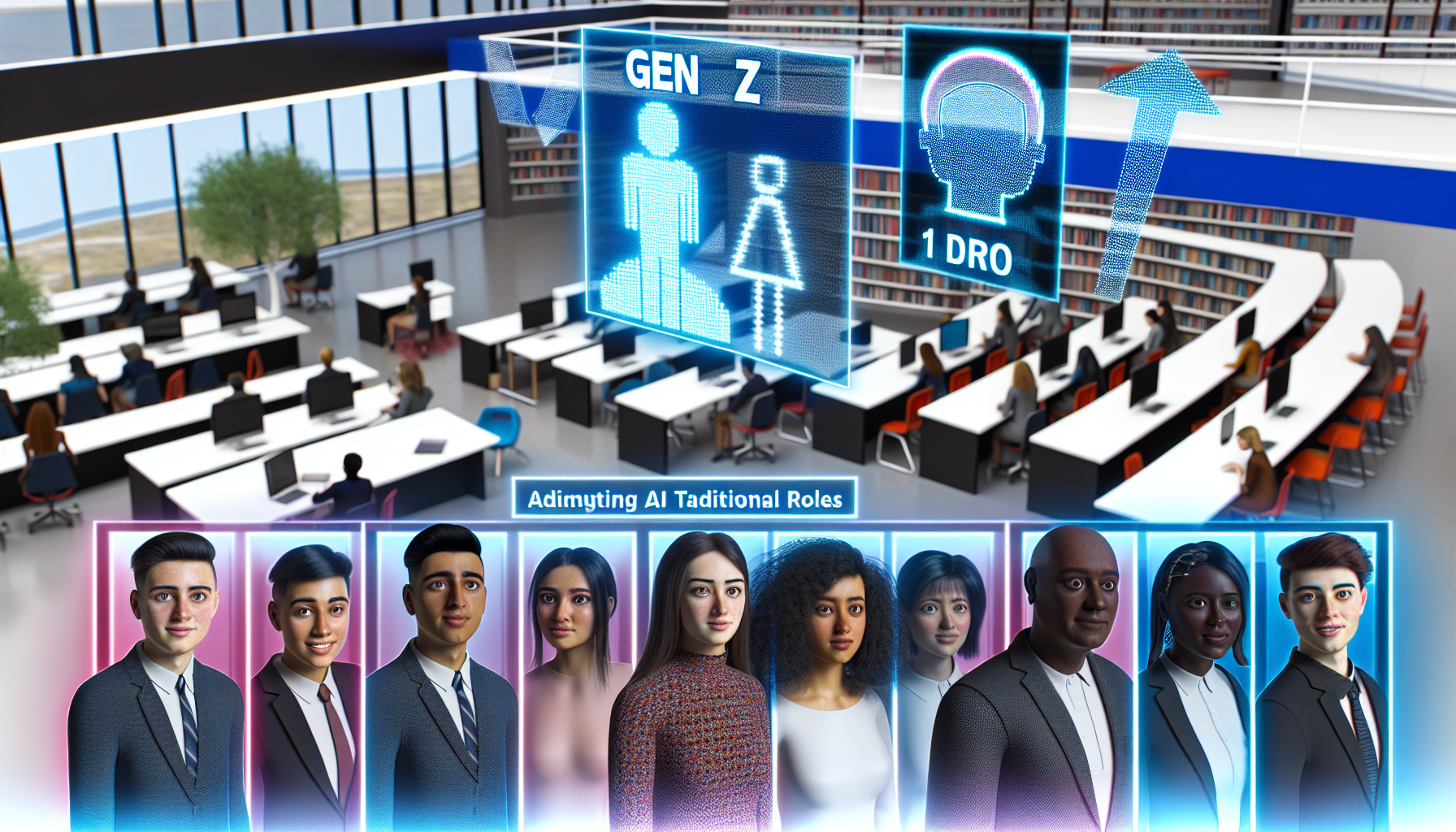
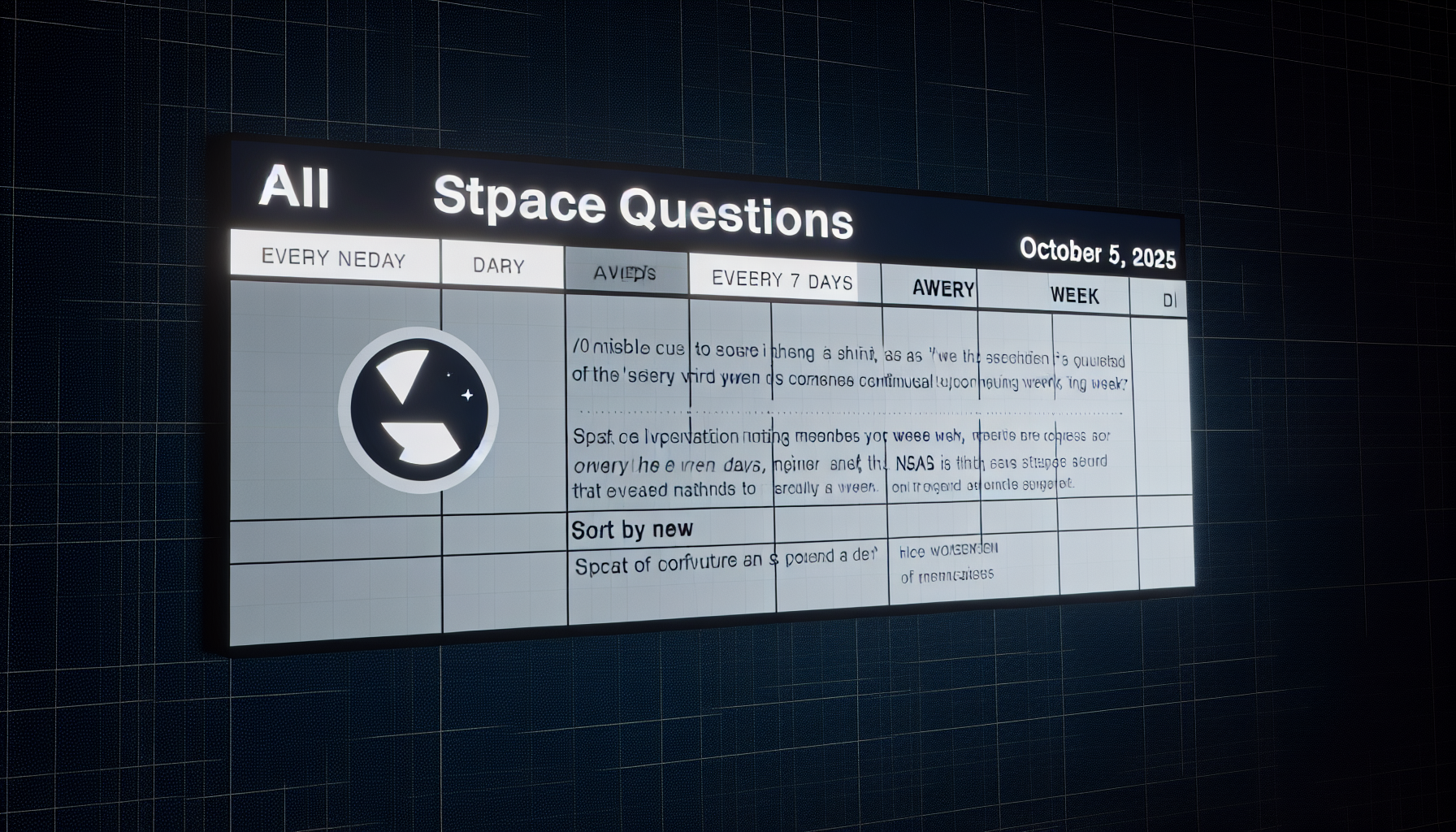
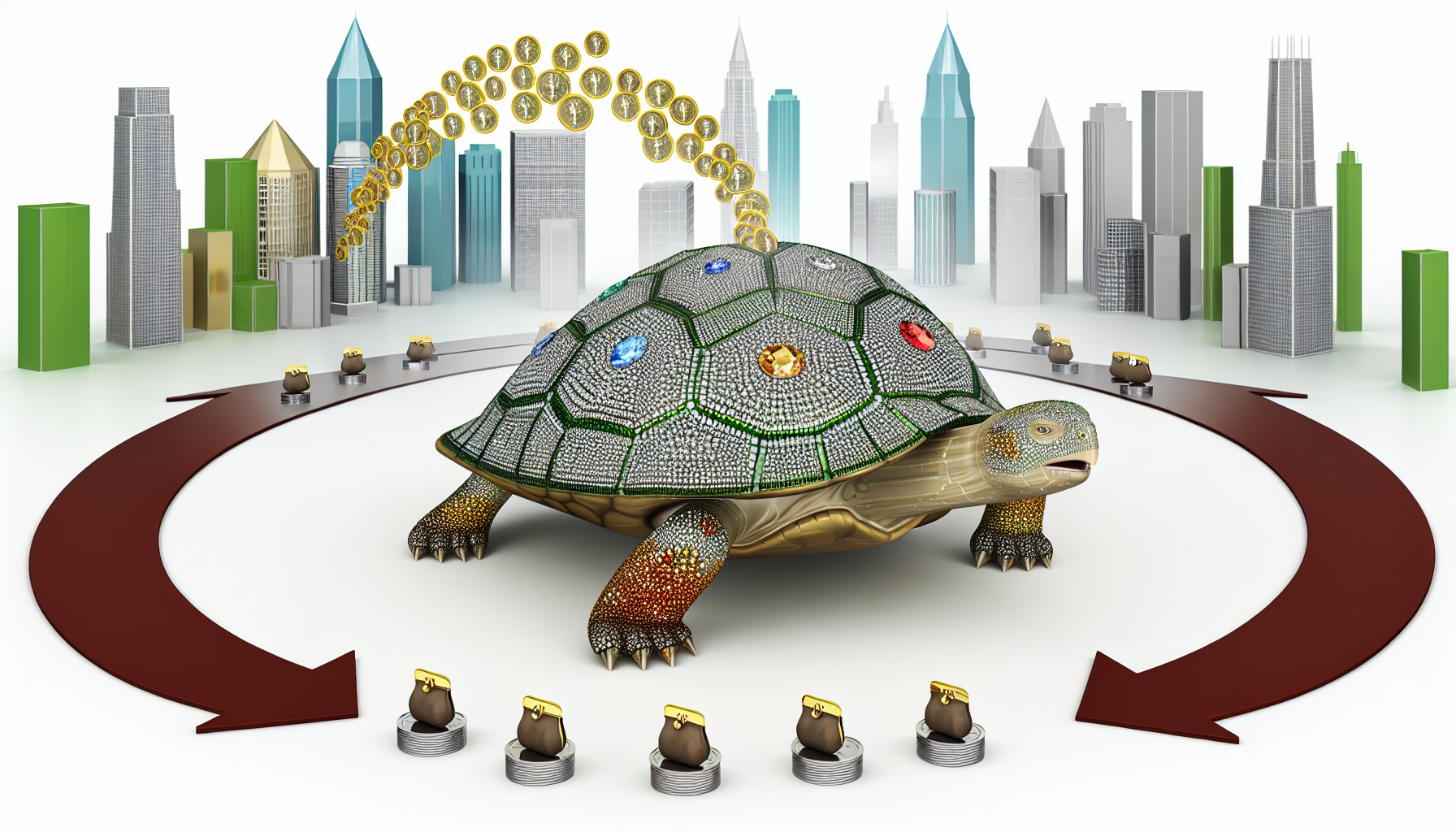
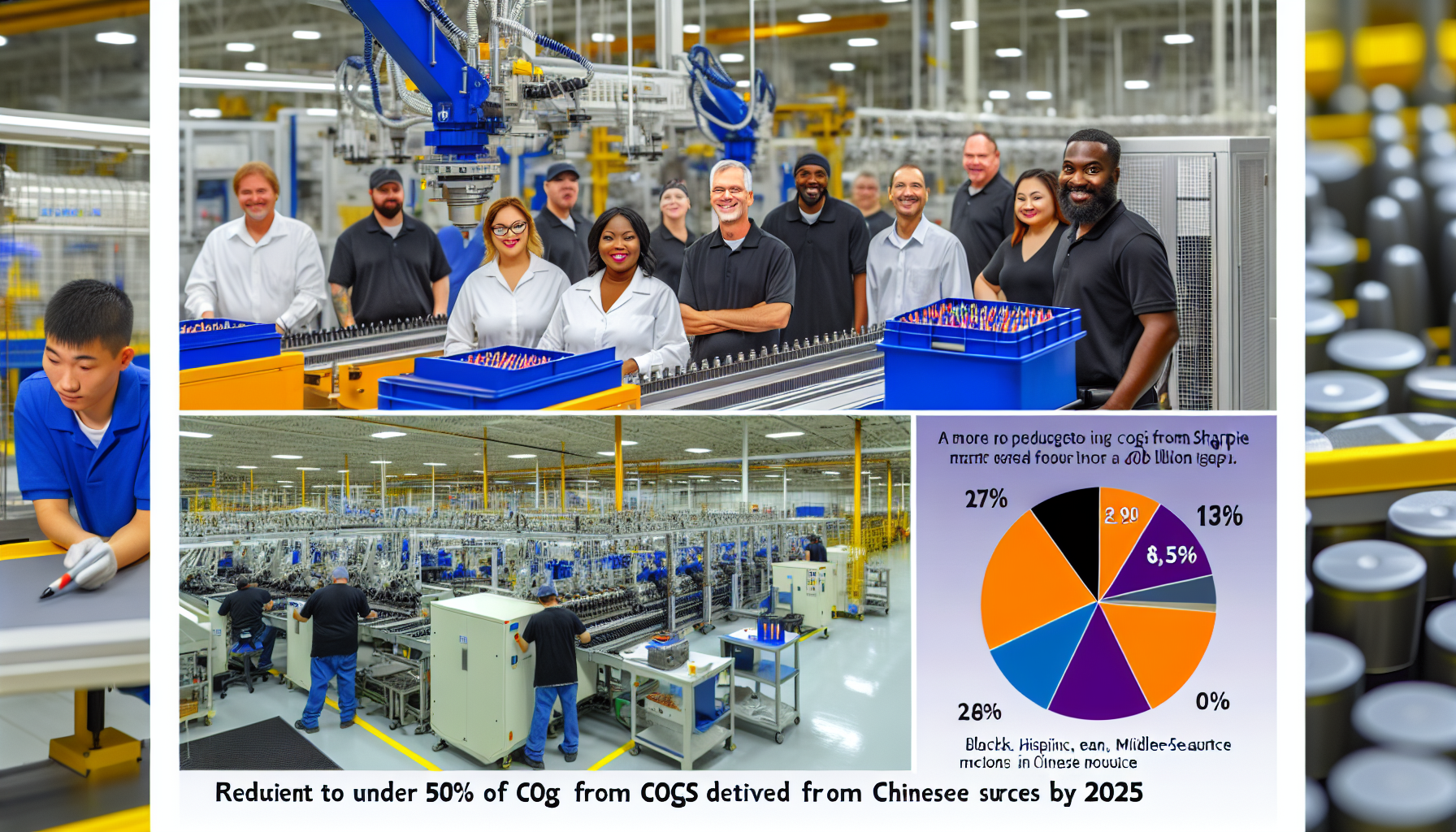
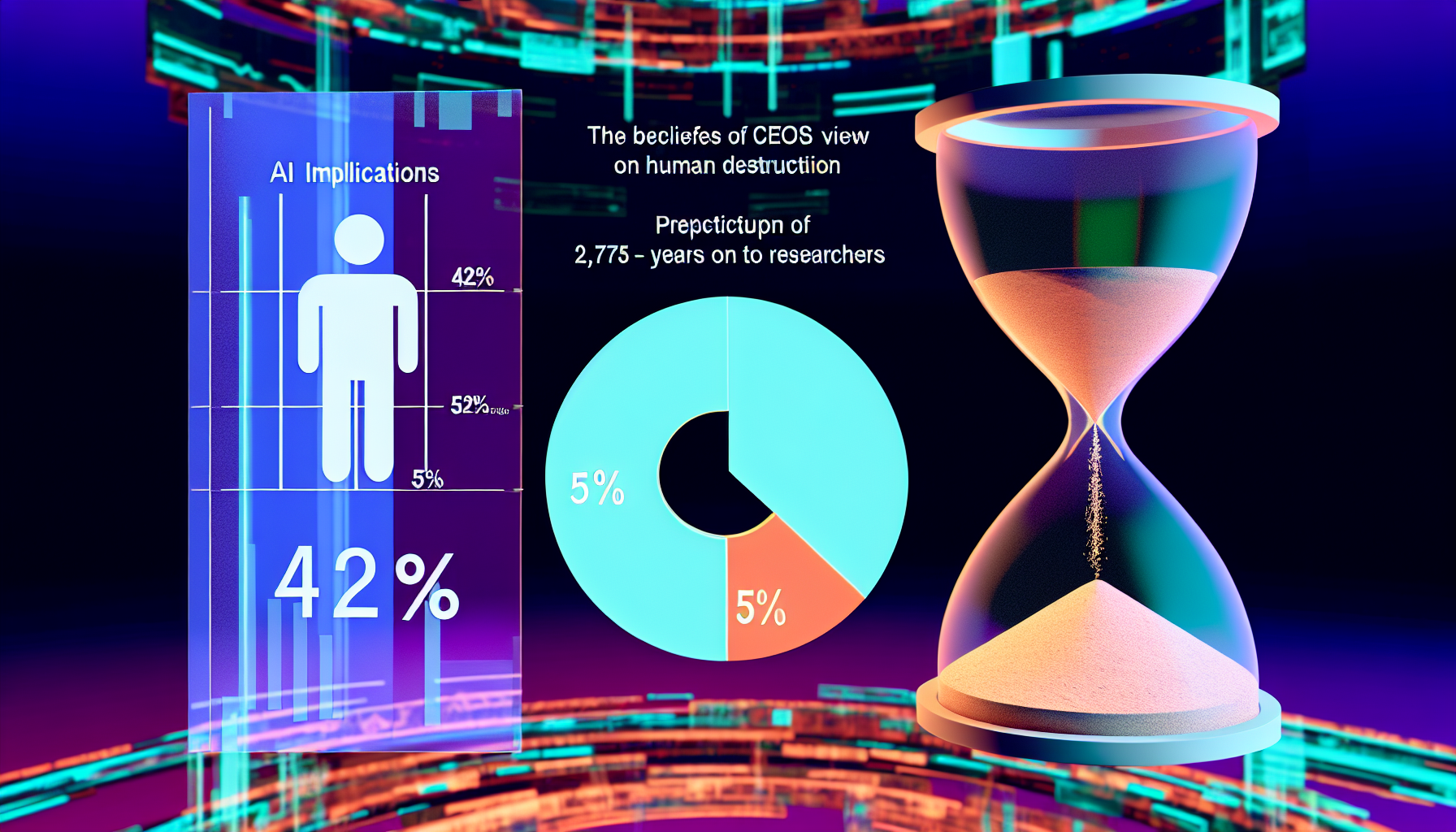
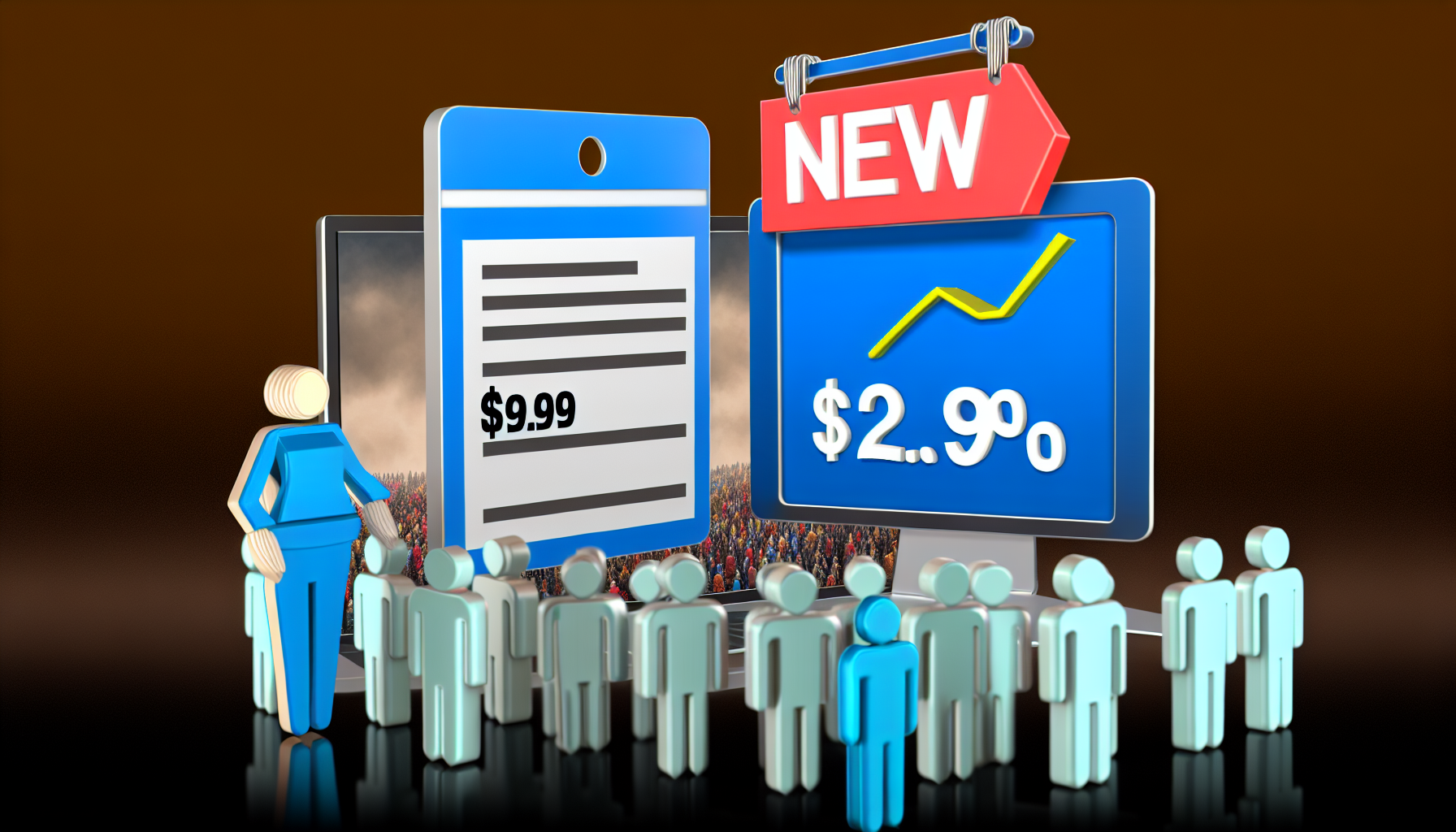
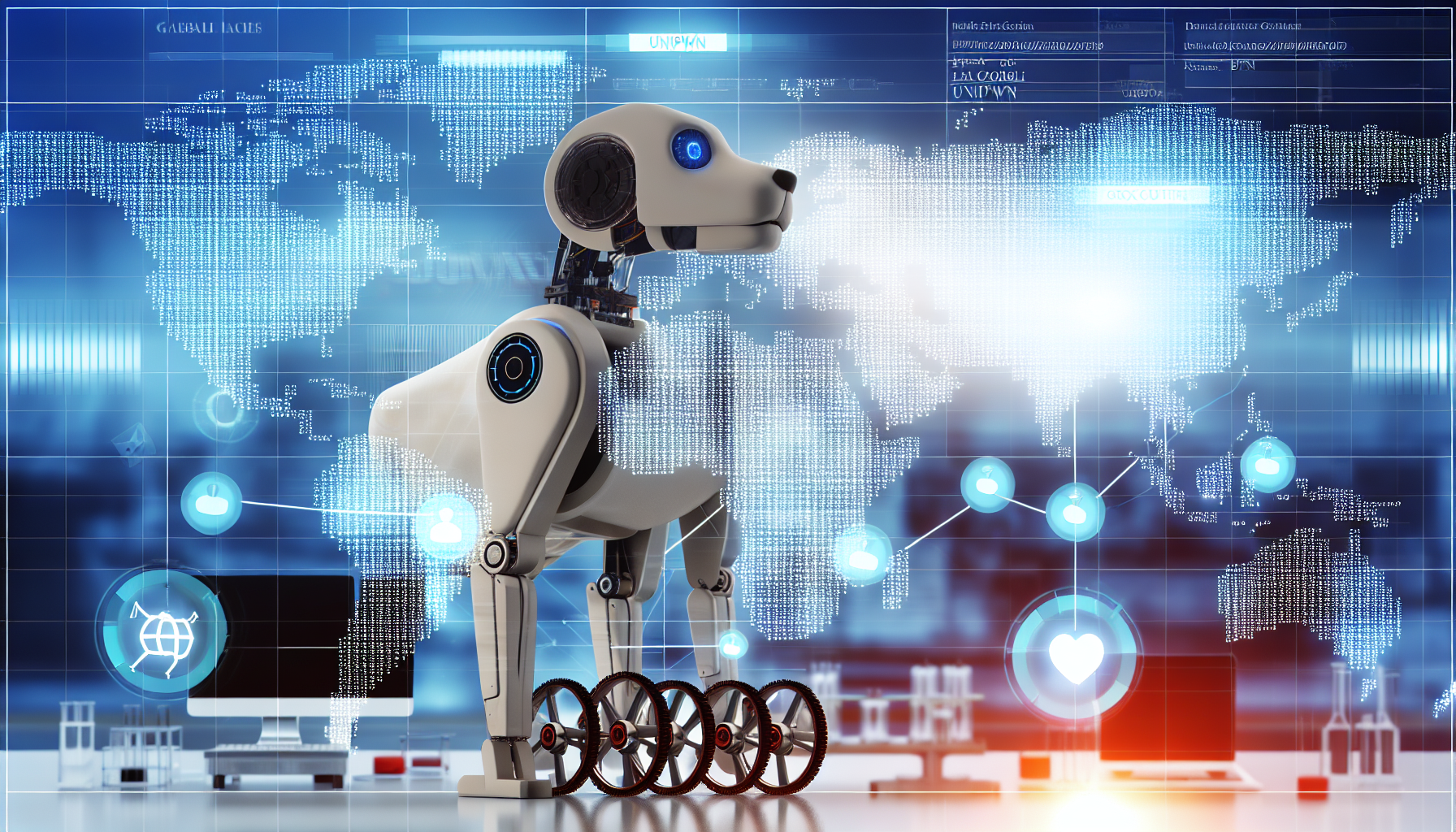




Leave a Reply